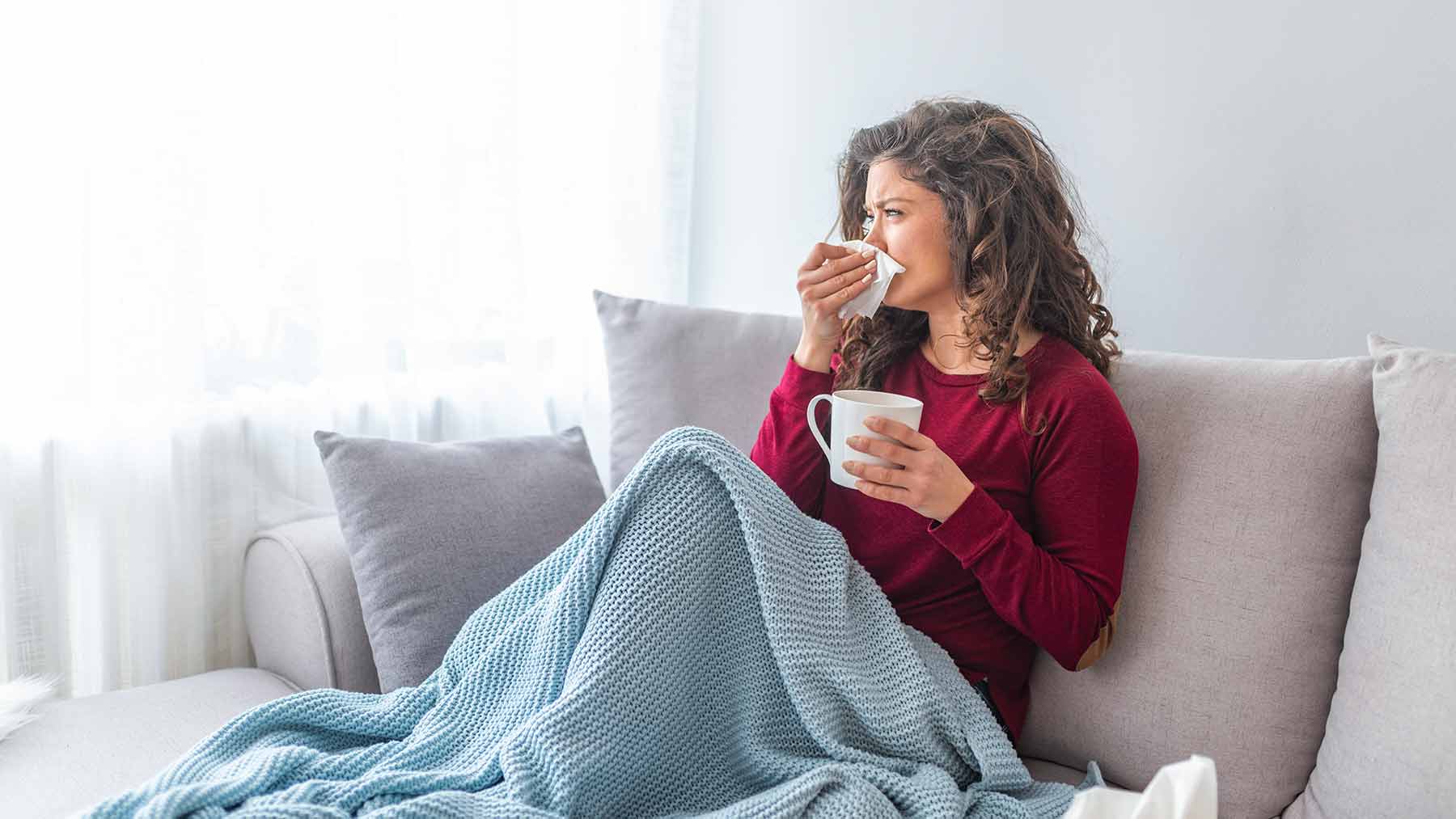10 ways to care for yourself if you have COVID-19

Editor’s note: As what we know about COVID-19 evolves, so could the information contained in this story. Find our most recent COVID-19 blog posts here, and learn the latest in COVID-19 prevention at the Centers for Disease Control and Prevention.
If you’ve tested positive for COVID-19, you may wonder how best to care for yourself during your recovery.
It’s important to remember that COVID-19 spreads easily between people in close contact, especially those who are gathering inside during the colder weather. The virus spreads when someone coughs or sneezes, or touches a surfaces that has been contaminated with droplets containing the virus.
Most people with COVID-19 have mild or moderate illness and don’t require a hospital stay, which means they’ll need to recover at home in isolation. Stay home, except to seek medical care.
According to the Centers for Disease Control and Prevention (CDC), being in isolation keeps someone who is sick or tested positive for COVID-19 without symptoms away from others, even in their own home.
How long should you stay in isolation?
If you’re sick and think or know you have COVID-19, the CDC recommends you stay home in isolation until after all three of these conditions have been met:
- At least 10 days since symptoms first appeared and
- At least 24 hours with no fever without fever-reducing medication such as acetaminophen (Tylenol) or ibuprofen (Advil) and
- Symptoms have improved.
If you tested positive for COVID-19 but do not have symptoms, stay home until at least 10 days have passed since your positive test.
What are 10 ways to take care of yourself during your recovery?
- Sleep and rest as much as possible. Feeling weak and tired for a while is normal, but your energy will return over time.
- Keep track of your symptoms, which may include fever, cough, loss of taste and smell, difficulty breathing, among others.
- Drink plenty of water and other caffeine-free fluids to keep your urine light yellow or clear. If you have kidney, heart or liver disease and have to limit fluids, ask your physician before increasing the amount of fluids you’re consuming.
- Follow medication prescriptions precisely. Acetaminophen (Tylenol) and ibuprofen (Advil) can help control fevers and ease body aches, while cough medicine can help reduce your cough so that you can rest better.
- Follow care instructions from your health care provider and local health department. Your local health authorities may give instructions on checking your symptoms and reporting information.
- Avoid contact with people and pets in your home as much as possible. Maintain at least six-feet social distancing and wear a face mask when around others. Don’t sleep or spend time in the same room with others. Use a different bathroom, if possible.
- Don’t share bedding, towels, dishes, utensils or drinking containers. Wash dishes in hot water or use a dishwasher.
- Tell your close contacts that they may have been exposed to COVID-19. If you’re infected, you can spread COVID-19 starting 48 hours (or 2 days) before you have any symptoms or test positive.
- Wash your hands often with soap and water for at least 20 seconds, or use an alcohol-based hand sanitizer that contains at least 60% alcohol. Be sure to wash your hands after blowing your nose, sneezing or coughing; after using the bathroom; and before eating or preparing food.
- Clean and disinfect high-touch surfaces in your household every day, including door knobs, tables, countertops, light switches, keyboards, phones, remotes, touch screens, toilets, faucets and sinks.
When should you seek medical help?
If you show any of these emergency warning signs, seek medical help immediately:
- Trouble breathing
- Persistent pain or pressure in the chest
- New confusion or inability to arouse
- Bluish lips or face
If you’re having new or worse trouble breathing, your cough is worse, you have a new or higher fever, or feel faint, call your health care provider. For medical emergencies, call 911 and notify the dispatcher that you have COVID-19.
Dustin Chase is an internal medicine hospitalist at The Ohio State University Wexner Medical Center and vice chair for Inpatient Clinical Medicine at The Ohio State University College of Medicine.




